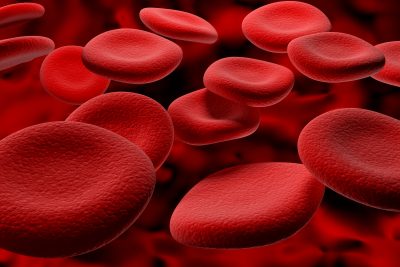There is a conception that cancer occurs because of a problem with the immune system. By this theory we prevent this disease by building up our immunity and we can treat cancer by the same approach. It is worth a moment to discuss this idea, as the reality is complex.
In order to understand the relationship of immunity to cancer, it is necessary to define each. Our immune system protects us from foreign attack. It recognizes “non-self” materials, such as viruses, parasites or bacteria and destroys them. At certain times, it can kill cancer. Basic immune function consists of recognizing a foreign invader through immune surveillance and then attacking it.
Cancer, as we have discussed in this blog, is the disease that occurs when growth is out of control. The key event is genetic damage, which switches on growth genes. This can occur because we are born with genetic damage, or injury occurs to our genes or as genes wear out. Scientists believe that most of the time several of these events occur together (so called two or multiple hit theory).
Once a cancer starts to grow, the immune system first sees the disease as foreign and than destroys it. It is likely this happens much of the time. If this is true, why do some cancers get out control and why does the immune system fail to protect us? Why is it that our immune system can reject an entire kidney transplant, but sometimes does not kill a cancer that starts as a few cells?
Scientists believe that the primary reason that the immune system fails to stop a cancer, is that cancer grows from our own tissues. The cancer appears to the immune system as normal tissue. For this reason the immune system fails to recognize the cancer as “foreign” or non-self. Failure in immune surveillance explains how an intact, healthy immune system does not detect a cancer at all.
A second way a cancer may evade attack is by blocking the immune system. Apparently, certain cancers manufacture chemicals that can suppress parts of an intact immune system. Other cancers may physically attack the immune system. This is a relatively new and poorly defined concept. In this model, immune system destruction joins out of control growth in our understanding of cancer.
Finally, cancers can grow when the immune system malfunctions. This is probably not a common cause of active cancer. Such malignancies occur in people that have known immune problems such as AIDS, autoimmune disorders, genetic immune problems, or in people receiving immunosuppressive drugs. These patients tend to be stricken with unusual cancers, in unusual places, at unusual times.
Present treatments and therapies in development attempt to use the immune system to kill cancer. One method is to assist with immune surveillance and cancer recognition. That is, tell the immune system a cancer is present. The most successful technique to date has been the use of anticancer antibodies (“monoclonal”), which are administered by intravenous. These antibodies stick to a cancer and, in affect, tell the immune system to destroy the target. Cancer vaccines are another approach to the same end.
There have been attempts to boost the entire immune system to kill cancer. This is one of the actions of Interferon. Authors propose immune stimulation as a mechanism of action with high doses of vitamins, although this is unproven. So far, except for a few tumors, this non-focal approach has met with limited success. A complex target like a cancer probably requires a targeted treatment, and a non-focused therapy does not help.
Like genetics, the study of immune function and therapy lie at the core of future cancer cures. In the mean time, for each of us there is a need to protect our own immune systems. This is linked closely to our own general health. Exercise, balanced nutrition (lots of vegetables and fruit), rest, controlling stress and avoiding immune assault (i.e. smoking, alcohol, high fat…) can give us a strong edge in this battle.






1 Comment